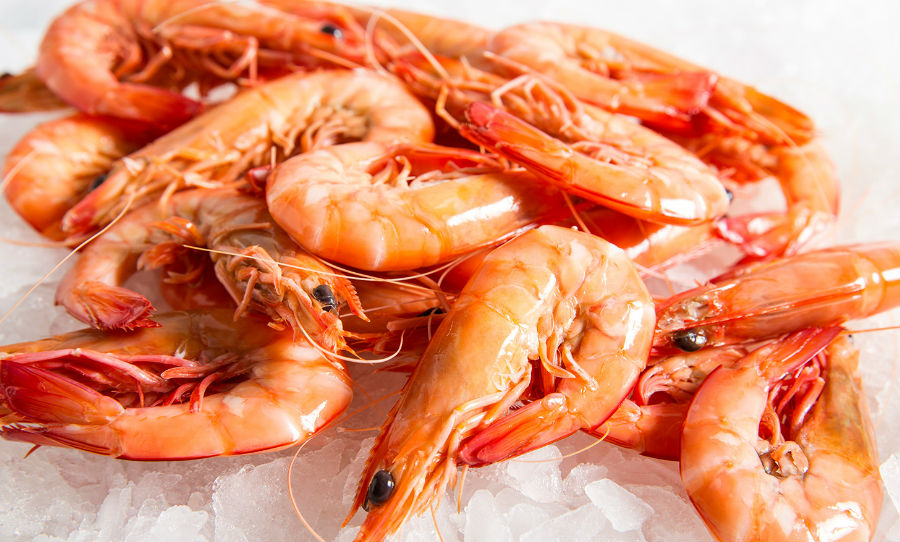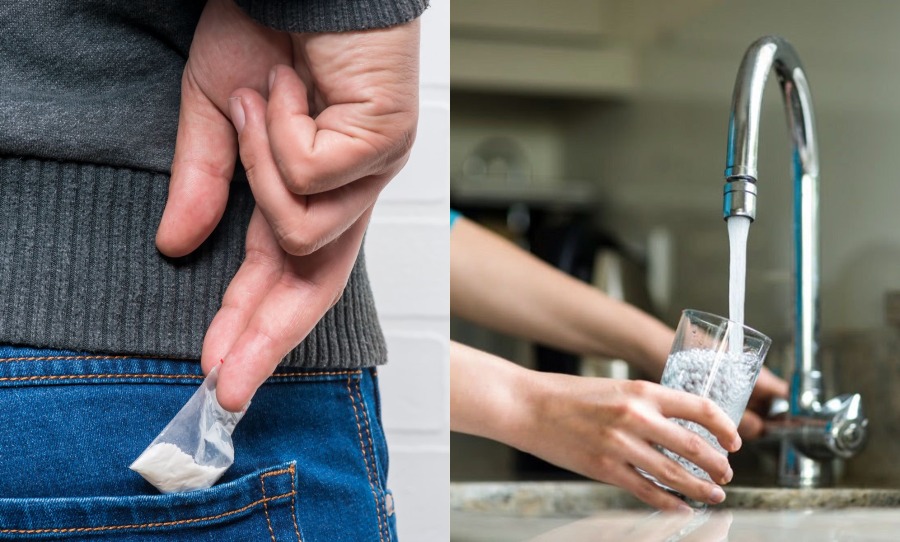A recent study by two British Universities to survey the presence of micropollutants in aquatic life returned some surprising results. Cocaine was found in every single specimen of prawns tested in a rural area in the UK, with the presence of other illicit drugs such as Ketamine also being widespread.
While there have been increasing studies on the effects of pollutants such as microplastics, this study highlights a need for more studies on ‘invisible’ chemical pollutants in waterways.

King’s College London and the University of Suffolk carried out a study of specimen’s of freshwater prawns across 5 different catchments in Suffolk County. Traces of illicit drugs were found in 100% of specimens studied.
Dr. Leon Barron of King’s College stated that “such regular occurrence of illicit drugs in wildlife was surprising,” because “we might expect to see these in urban areas such as London, but not in smaller and more rural catchments.”
Fortunately, only trace amounts of these drugs were found, however, the studies author Thomas Miller is still concerned, stating that “although concentrations were low, we were able to identify compounds that might be of concern to the environment and crucially, which might pose a risk to wildlife”.
Further studies on the presence of illicit drugs in marine life are yet to take place, and the cause of the presence of these contaminants remains unclear.



